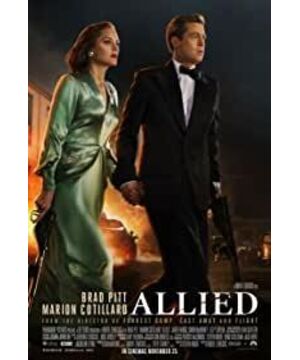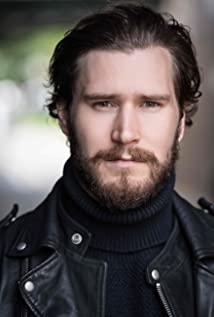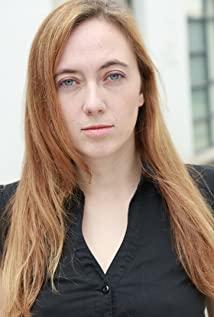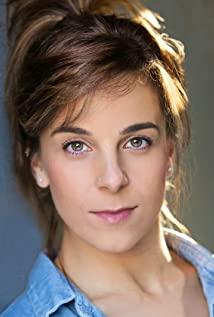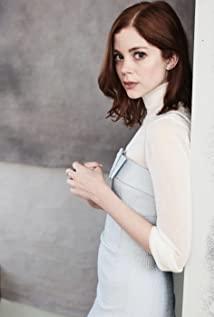During World War II, two foreign spies were bound together by fate in order to execute the same assassination.
People are attracted to each other because of their similarity.
The similarity of roles is beneficial to the mutual sympathy between the two. In addition, role-playing as husband and wife, mutual trust under vacuum roles, and fake dramas are also common.
In the age of precariousness, the serious male protagonist and the enchanting female protagonist chose to be each other's partners.
If the story ends here, it is a happy ending. But happy endings are difficult to make into moving stories.
At 55 minutes (about 2/5 of the whole film), a piece of news is like a bolt from the blue - the male protagonist is told that his wife may be a double agent, and this reversal also makes the film tense.
I asked my friends who were watching the movie together: If you were the male lead, would you kill the female lead?
The male protagonist replied: Of course love is important, I will take her away.
Do you want a country or a lover? To be petty or to be righteous?
In fact, this question is not difficult to answer.
However, the real problem faced by the male protagonist is: Assuming that the person beside the bed is really a spy, is he a tool being used or his lover? Is this feeling real?
This is probably the deep-seated reason why the male protagonist has continued to use various channels to verify whether the female protagonist is a spy since then.
But a few details of the story tell us that the feelings are probably true.
for example:
Especially at the end of the film, the author directly responded to this question in the form of a monologue of the heroine's last words:
[Some people say: The ending is a failure of the film. If you don't add this paragraph, you will leave a suspense and add more flavor. 】
But in the film, there is still a question: the female protagonist is in the process of getting along with the male protagonist after marriage, the fake drama is real, and the love is born over time; or she has fallen in love with the male protagonist long ago. Take military intelligence?
It's a chicken-and-egg question.
——It is also something that people often trouble with: For example, does she love me because of my money? Does he love me because of my looks?
In fact, Eileen Chang's short story "Blockade" discusses exactly this issue. In 1943, the same time of war, under the same abnormal situation (the hero and heroine were artificially set up in a blocked situation), the male protagonist Lu Zongzhen and the female protagonist Wu Cuiyuan had an ambiguous relationship.
Is this feeling real?
Is it the love born of idleness and boredom when the hero and heroine have nothing to do? "Hungry" under limited choices (blocked state, limited objects to choose from)? Or does the blockade state make each other break away from their original social roles and become their true self? Is this state of blockade a release of human nature, or is it a game without a sense of responsibility?
Readers have been discussing these issues with pleasure. But one thing is certain: when the blockade is lifted, the two will eventually return to their original lives.
I'm afraid it is difficult for us to experience the abnormal experience of the war years, but we must have experienced a similar scene: pretending to be a house as a child. And are the feelings in this situation true or false?
Shakespeare once said that the world is a stage and all men and women are but actors. ——This is the answer to the above question: we are all actors, actors in different social situations.
So, in that case, what is true and what is false?
We have no choice in social situations, so we can only choose our own experience, our own heartbeat, and our own emotions.
The same is true for the attitude of the film: despite all the entanglements before, when it is determined that the female protagonist is indeed a spy, the male protagonist still chooses to take her to escape. The male protagonist's inner os is probably: it doesn't matter who she was in the past. It doesn't matter why she married me. The important thing is that she is my love right now, the mother of my children.
Back to the question above: Does she love me because of my money? Does he love me because of my looks?
Same thing.
In fact, we are all unfree. Although compared to the situation of the hero and heroine in the film, compared to the situation of the hero and heroine of "In Lockdown", we seem to be a lot freer. But in fact, our social norms and even our genes have already made various choices for us. We still live in a society that is not under our control, but we are not aware of it.
——For the survival of the species, we will inevitably choose the combination of high-quality genes, and it is human nature to love wealth or appearance.
Respecting human nature and living in the moment is the only freedom we have without freedom.
View more about Allied reviews


